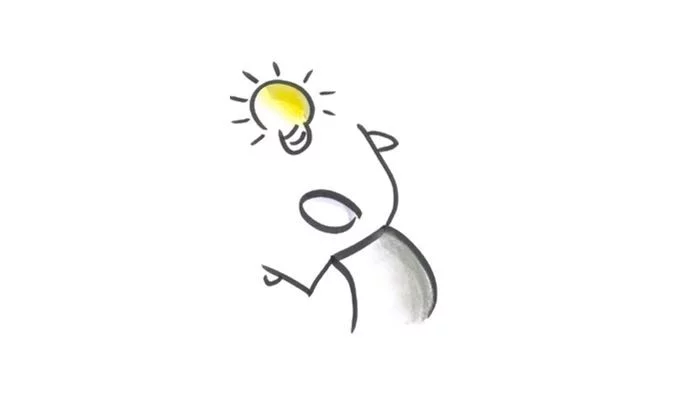‘Which jobs can I apply for with my background in X, or which companies are looking for this background?’ is a question that comes up in career counseling every now and then. Clearly, having to find a job that fits is a big choice. What makes it even harder, is that many competencies that are important requirements for a future job are just taken for granted in academia.
Well, let us face it, finding a job that fits IS hard, especially when the decision for a new job may involve a new country, language and social environment. Accepting (or declining) a job offer from the top university in your research field that happens to be located on the other side of the ocean is a big life choice. The same applies to accepting (or declining) a job offer outside academia: it is a new culture, a new set of tasks, a new way of interacting with each other, and again a big life choice. In either case, you have to decide without really knowing what you are getting yourself into.
Before you can accept or decline offers, how do you decide where to even apply? One (very scientific) approach can be to start by mapping out your skills, e.g., using a competency model or one of the methods suggested in our online resources. Then you can compare those with the requirements in a job ad, define quality/matching criteria, maybe even a sophisticated weighting scheme, and apply to jobs where the fit between skills and requirements is sufficiently high. Does this guarantee a happy work life?
Let us think about this for a bit: Given how much time we spend at work – ~8.5 hours a day or about half the time we are awake – would you rather spend those hours with something you enjoy, or something you are good at? Ideally, it is a combination of both, together with great colleagues and a company that shares our values. The reason we are good at something can be interest, natural talent, or many hours of practice. The latter can be influenced by our environment: e.g., as a Swiss kid, I spent a lot of time skiing and was good at it. Despite this, becoming a professional skier or ski teacher may not be the best career choice (just imagine the mess if all Swiss kids decided to do so). Had I grown up next to the beach, I would probably be much better at swimming than skiing, but may still not be happy as a professional swimmer or swimming teacher. On the other hand, the probability of happiness at work is high when we follow our true interests and focus on positions that provide opportunities to perform tasks we enjoy. Therefore, my recommendation to everyone thinking ‘What can I do?’ is to replace that question with ‘What do I want to do?’ This is especially true for scientists, because you have trained your skill of learning new things quickly and independently for many years.
What are the tasks in your current position that you enjoy the most? Are there other activities such as hobbies or volunteering that show additional interests of yours? Or is there some new direction you are curious about? Why not embrace the opportunity and include those in your next position? You can always gain missing skills in courses or advanced study programs. If you are excited about the job or the new field, you will even enjoy the process.
Choose your next job based on your goals and interests rather than what you have done in the past (except of course when you truly enjoyed it). You will still not know what you are getting yourself into, but at least you deal with this uncertainty while doing something that brings you joy.
